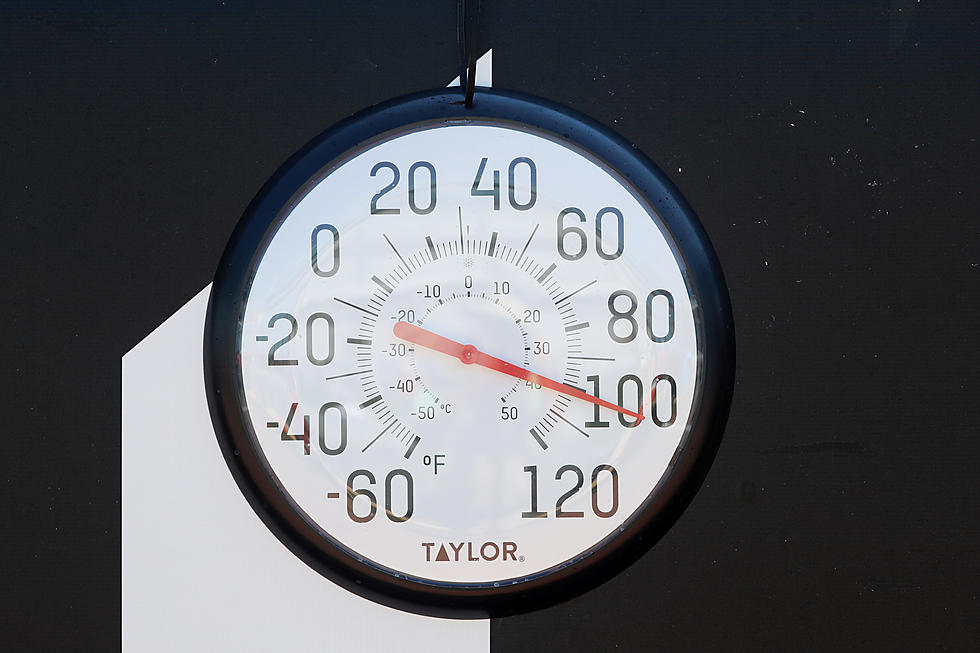
Heat Related Deaths On The Rise in Louisiana
You've heard it before. The heat this year is DANGEROUS. The number of heat related deaths and illnesses are on the rise along with the temperature.
|
|
|
Best Indoor Tourist Attractions in Louisiana
Here are several great spots to visit in Louisiana that will keep you out of the heat.
10 Things You Look Stupid Doing No Matter How Hot You Are
It is what it is.

